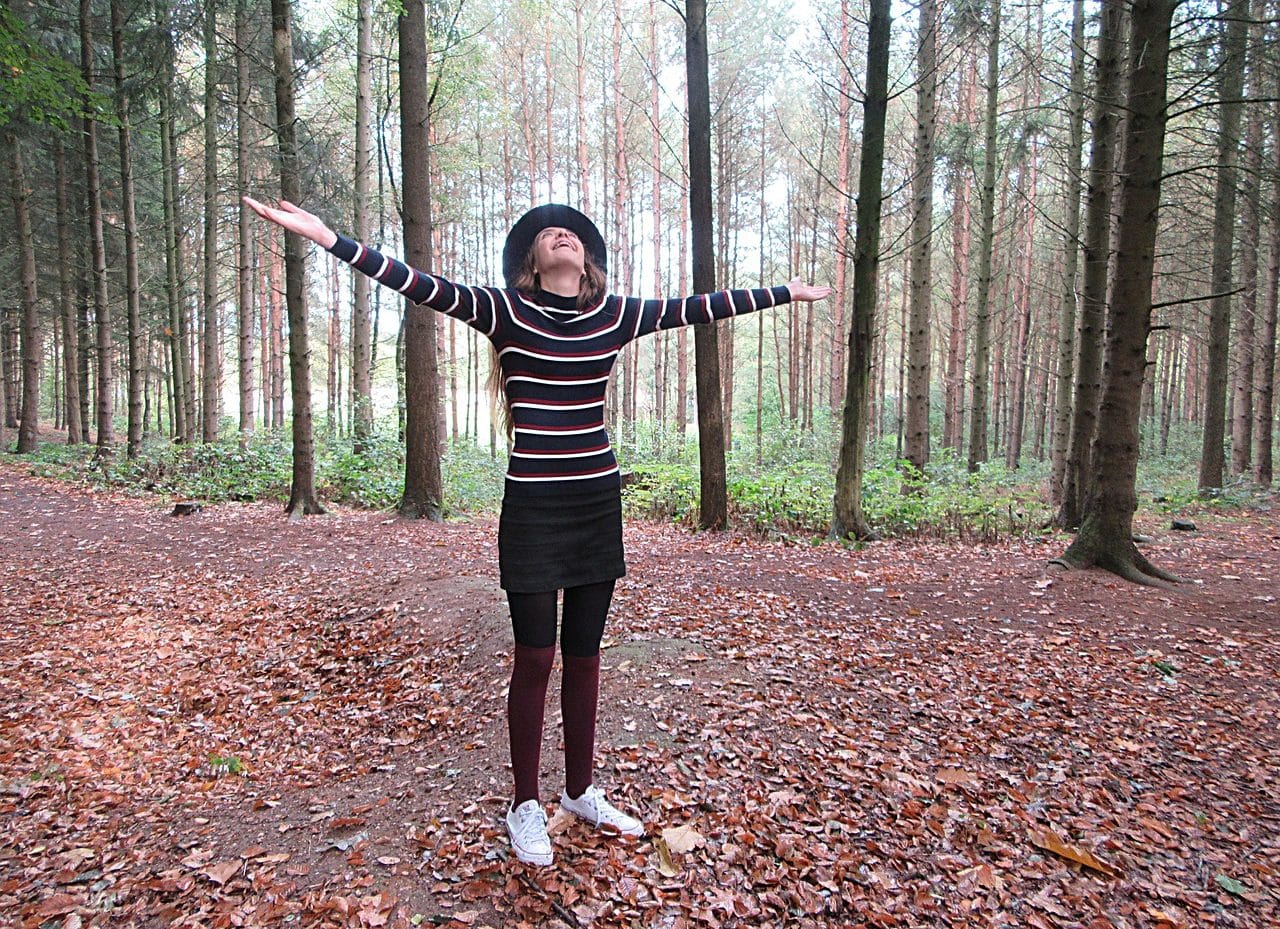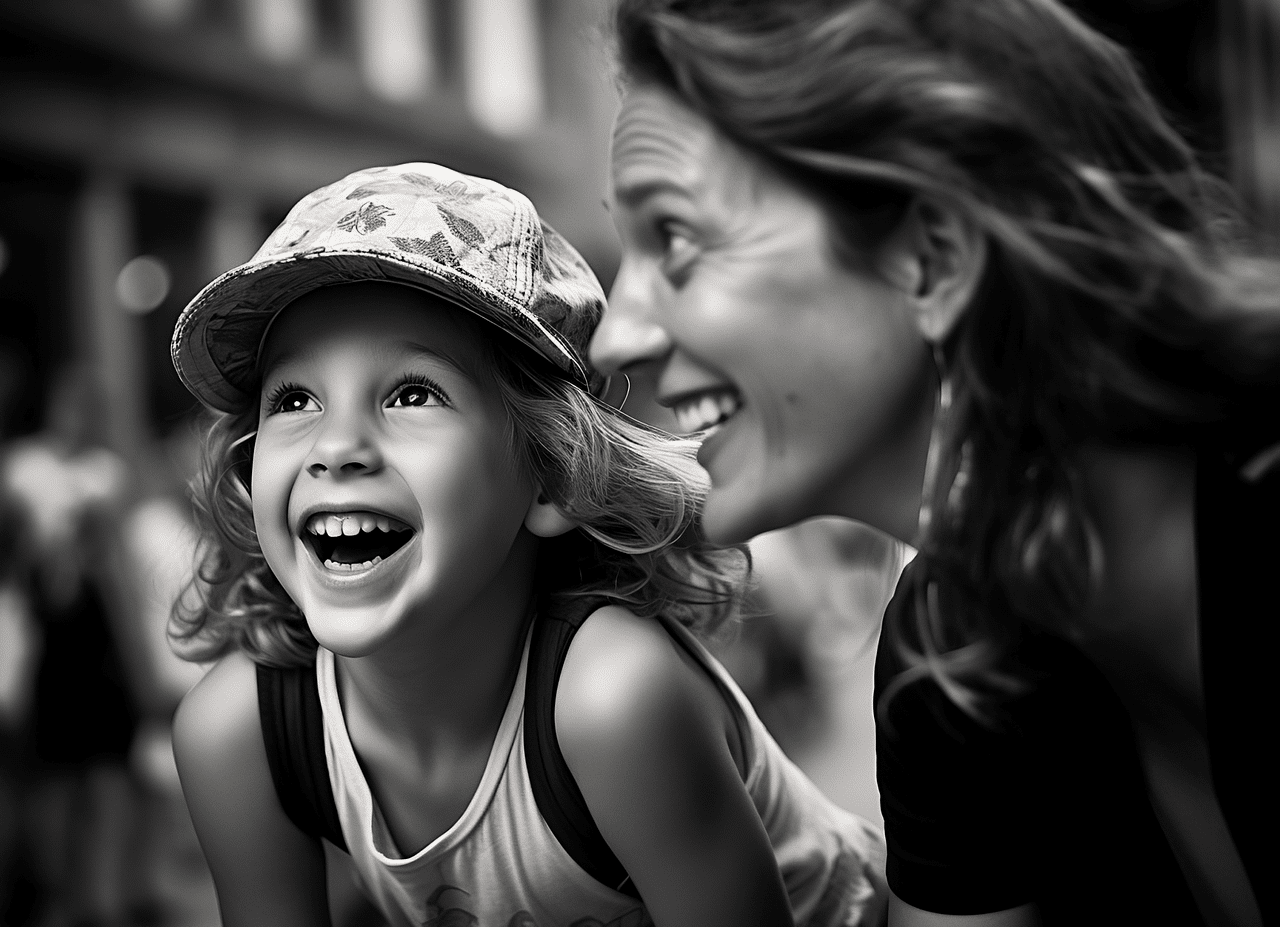
Spontaneity manifests itself naturally, not feigned, without premeditating or planning the reaction that unfolds instinctively, letting emotions, sensations or feelings flow.
Spontaneity is the human quality that arises from the spontaneous, instinctive reaction, typical of someone who acts naturally, without inhibitions and in a visceral but responsible way.
It is an attribute of those who allow themselves to freely express what they think or believe and, when it comes to acting, they display authenticity . By combining the theoretical definition with the practical application of this notion, it is noted that spontaneity is linked to immediacy , the lack of premeditation and the tendency to conduct oneself through life prioritizing instinct and passion and not so much reason.
In the world of culture , spontaneity is linked to improvisation . Beings with artistic sensitivity and extreme creativity are capable of surprising with an unexpected performance without the support of a script, the creation of a spontaneous painting , the execution of a dance without rehearsal or previously defined choreography, the development of improvised music , etc.
In the field of science , on the other hand, spontaneity gains notoriety with each phenomenon, process or reaction that is triggered naturally, without influences or conditioning from outside. As a reference it is possible to cite the old hypothesis of spontaneous generation , spontaneous fission and spontaneous ignition .
Positive aspects of spontaneity
Spontaneity has positive aspects that affect someone's personality and behavior .
This attribute is recorded to a greater extent in individuals who have worked hard on their self-esteem , feel comfortable with themselves, have confidence and are not afraid to let their feelings flow or show their deepest and most genuine side.
With their spontaneous actions, this type of person transmits security and sincerity, in addition to pleasantly surprising their loved ones and friends through noble gestures and good attitudes that they do not expect or imagine.
Naturally spontaneous people generally do not carry the pressure of “what will they say” or fear making a fool of themselves because they do not place too much value on appearances or get stressed trying to please others.

When faced with an unexpected event, a surprise or any everyday situation, the spontaneous person reacts genuinely by physically and verbally demonstrating the first thing that comes to mind.
Differences with impulsivity
Spontaneity differs from impulsivity because, although both arise from the depths of the soul and do not give much space to the conditioning of reason, the former unfolds from the being without the ego taking precedence.
The spontaneous subject reacts naturally but manages to limit or adapt itself in certain contexts. You can control yourself if you feel it is more appropriate to self-monitor or minimize effusiveness. The impulsive person , on the other hand, does not measure the consequences of his actions, which is why he can trigger an environment of discomfort and displeasure.
It is common that the meanings of these words are confused or these words are conceived as synonyms. It is true that they share characteristics and a passionate essence, but spontaneity is interpreted as a value, a quality that nourishes human relationships and contributes to good and stable mental health , while impulsivity is associated with sudden and often excessive reactions. negative ones that reveal an intolerant, restless and uncontrolled profile.

Someone spontaneously reacts passionately, expressing emotions such as anger, fear, joy or sadness without premeditation.
Importance of encouraging spontaneity
Promoting spontaneity from an early age helps to strengthen self-esteem , promote autonomy and encourage sincerity , openness , freshness and naturalness . Of course, everything in its right measure: we must teach the benefits of being spontaneous and guide to avoid excesses in this regard, since exaggerated self-confidence as well as absolute disinhibition are counterproductive.
It is healthy and useful to raise children in a framework of creativity that invites them to stimulate their imagination , to solve situations spontaneously and independently and to incorporate knowledge through play . Taking advantage of their inexhaustible energy and infinite curiosity , proposals and plans must be made available to them that allow them to live different adventures in contact with nature , teach them lessons and ensure hours of fun, for example.
As the person grows, it is beneficial to encourage them to develop divergent thinking (also known as lateral thinking ) with the aim of encouraging them to achieve, on their own, creative problem solving and to be able to adapt, the best possible way, to all kinds of circumstances, social groups, etc. Likewise, it is constructive to continue training, accumulating resources and adopting tools to have the best possible performance in the workplace, where not only academic preparation, suitability for a position or activity and experience are highly valued, but also skill in decision making and the level of adaptation when working as a team , for example.
At every stage of life and without exception it is essential to always instill and defend freedom , but without ever losing sight of the fact that every free citizen must exercise their rights , cement their personal development and live in society adapting to norms of coexistence based on education. , tolerance , empathy and respect .
